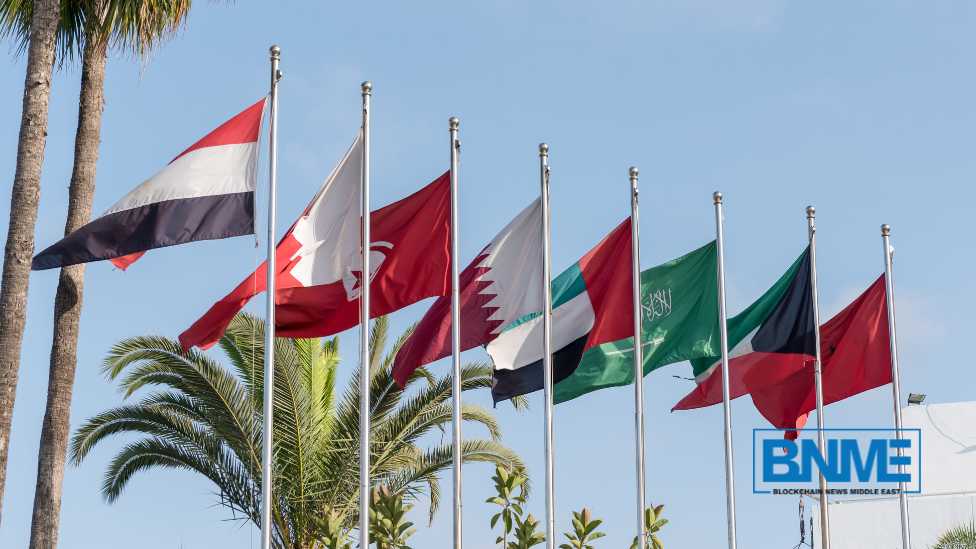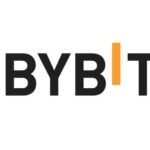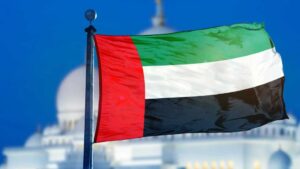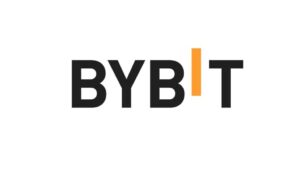Blockchain broke into the tech space in 2008. In no time, Bitcoin’s transparent transaction record sparked talks about the technology’s potential to revolutionize banking and even generated enthusiasm in the IT community.
While the banking and finance world first incorporated blockchain, numerous startups and entrepreneurs have, over the years, explored the use and potential of blockchain beyond banking in the Middle East.
Middle Eastern countries like the UAE and Bahrain, rapidly embraced blockchain with great enthusiasm. Middle Eastern governments began to show serious interest in blockchain in 2016. In 2022, SlashData’s State of the Developer Nation survey showed that banking and finance professionals in the Middle East and Africa are more excited about blockchain than those in other countries.
Blockchain technology offers a unique and exciting prospect in the Middle East’s particular environment. Middle Eastern countries worked closely with cryptocurrency firms and put in place legal frameworks to make integration easier.
Bahrain focused on developing the required financial services supervision structures and assessing the legal elements of blockchain during this time.
The UAE has led the world in blockchain innovation. At the initial stage, UAE focused on finding blockchain technology usage in the financial, commercial, and governmental world. The Dubai government set up the Global Blockchain Council in 2016. The Council was set up to investigate present and future blockchain applications and transaction systems. The Council’s efforts, specialized businesses with an emphasis on digital asset exchanges, blockchain platform design, smart contract creation, and digital document transfers have been established.
The United Arab Emirates announced the Emirates Blockchain Strategy 2021 in 2018. Furthermore, the UAE Central Bank has strengthened its position in blockchain innovation with the recent revelation of intentions to introduce its own central bank digital currency (CBDC). Saudi Arabia has also aggressively embraced blockchain technology and outlined plans for its integration in the as part of the Saudi Vision 2030 national agenda.
Unfortunately, not everyone sees the growing popularity of cryptocurrencies as a good thing. UNCTAD, the UN Trade and Development Organization, has pushed for regulations pertaining to cryptocurrency in third-world countries. The agency warned that while some people and organizations have profited from the usage of these digital currencies, there are societal dangers and costs associated with them as well, pointing out their potential volatility. In addition, the UNCTAD stressed that the risks cryptocurrencies represent to domestic resource mobilization, financial stability, and monetary system security exceed any apparent benefits.
Why MENA is a Good Region for Blockchain
The region is a popular hub for blockchain entrepreneurs and investors due to its advantageous geographic position, expanding digital economy, and friendly regulatory framework. The area also has advanced digital infrastructures, receptive governments, and a youthful, tech-savvy population.
With increased investment and innovation potential, the Middle Eastern blockchain sector can expand and emerge as a significant force in the global blockchain landscape.
Takeaways
Blockchain technology has shown to be useful in different sectors apart from banking and finance. In the MENA, countries such as UAE and Bahrain have adopted blockchain for different uses.




























